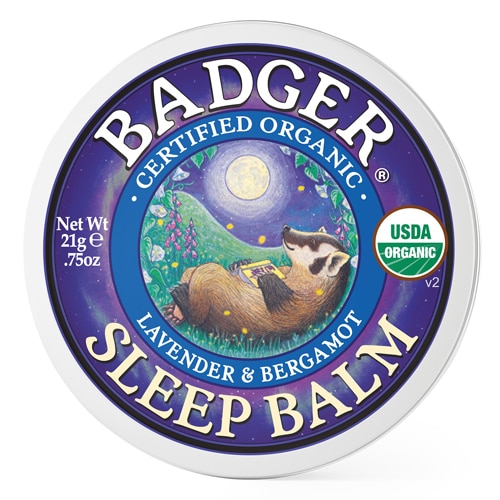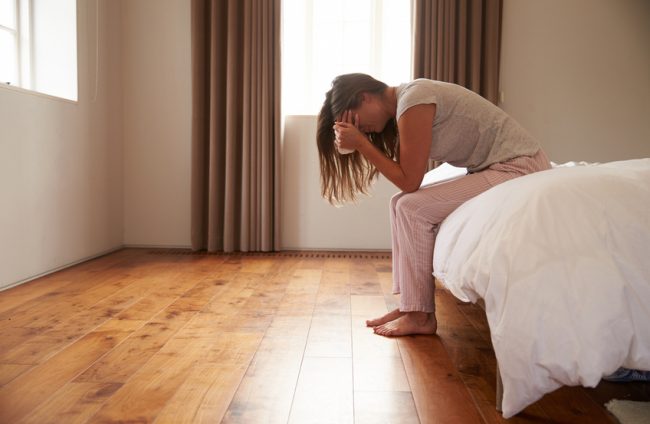Sleep, precious sleep. That coveted, naturally occurring period between days when our minds and bodies get the rest they require to rebuild and recharge — leaving us bright-eyed and bushy-tailed — ready to carpe diem. For millions, however, what should come naturally is increasingly proving no easy task.
With over 2,000 sleep clinics operating in the U.S., as of 2013, it’s evident that many of us are spending this crucial, regenerative time counting proverbial sheep in lieu of getting the truly restful sleep we need.
Though the reasons are myriad and the studies on the importance of sleep (and what’s disturbing it) will continue into the foreseeable future, some of the recent facts on sleep problems are alarming. As of late 2015, the Centers for Disease Control and Prevention states that “an estimated 50 to 70 million U.S. adults have sleep or wakefulness disorder.”
To that end, we’re here to offer some insight into some “sleep fouls” that you may be committing daily, without even knowing it. Here are five unexpected sleep saboteurs that may be inadvertently be shattering your sweet dreams.
1. Not joining the dark side
No, we’re not talking about the dark side of the Force, folks — but your bedroom. The pineal gland in our brains produces melatonin. This hormone, which regulates the body’s internal clock, is naturally secreted in our brains and serves a vital role in when we fall asleep and wake up. When disrupted by blue light (be it your TV, laptop, tablet or E-reader, etc.), we can suppress melatonin production, potentially causing sleeplessness and fogginess into the next day.
According to Harvard University research, not only are we losing sleep from these electronics and energy-efficient lighting, but we may be putting ourselves at greater risk of developing heart disease, cancer, diabetes and obesity.
So keep that bedroom dark, quiet and, hopefully, more restful.
2. Eating acidic or spicy foods prior to bedtime
When the discomfort of heartburn rears its ugly head, it’s never fun. And, if it’s causing trouble sleeping, your body is providing a not-so-subtle hint that it’s time to cool it.
As stated by renowned sleep expert, Dr. Michael Breus, not only are spicy foods a “heartburn trigger,” but too much spice can also cause nightmares and sleeplessness.
Trust us, nobody loves a great hot sauce as much as we do, but if it’s got you tossing and turning when you should otherwise be snoozing, consider chilling on the hot, spicy foods and/or condiments at dinner and before bedtime.
3. Sharing your bed with your pets
Let’s face it, for many of us, our animals are a great source of comfort and we couldn’t imagine sleeping without them. But, if you’re waking multiple times to readjust the covers or changing your sleep position to accommodate Fido or Whiskers, try a few nights without your pet(s) in bed to see if you notice any improvement in your restfulness.
Though the jury is still out on this one (and most will be hard-pressed to keep their pets out of the bed even if we wanted to!) — if it’s disturbing your sleep, it’s risky.
4. Binge watching your favorite shows into the wee hours
This one seems obvious, right? Simple math: Staying up late is going to leave you with less time to sleep. And, while you may retort with something like, “well I only do that ‘X’ nights per week, and I catch up on other days,” the National Sleep Foundation lists that as a definite no-no.
In fact, with so much around the importance of daily routine, or “sleep hygiene,” defined by the foundation as, “a variety of different practices that are necessary to have normal, quality nighttime sleep and full daytime alertness,” any change in schedule could derail your sleep.
The foundation notes that the key to proper sleep hygiene is to “maintain a regular wake and sleep pattern seven days a week.”
So, start those DVR marathons early on a weekend and don’t let them interfere with your regularly scheduled bedtime!
5. Winding down with a glass of wine
Say it isn’t so. Yes, folks, we’re afraid it is… While a glass or two of wine at day’s end may serve to relax and make us sleepy, a recent University of Missouri study found that “alcohol interferes with the body’s ability to regulate sleep.”
According to the author of the study, Pradeep Sahota, MD, chair of the MU School of Medicine’s Department of Neurology: “Based on our results, it’s clear that alcohol should not be used as a sleep aid. Alcohol disrupts sleep and the quality of sleep is diminished. Additionally, alcohol is a diuretic, which increases your need to go the bathroom and causes you to wake up earlier in the morning.”




